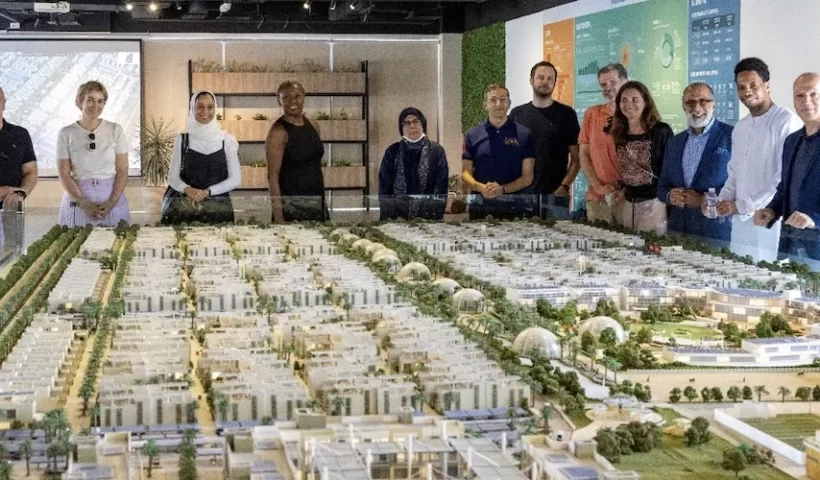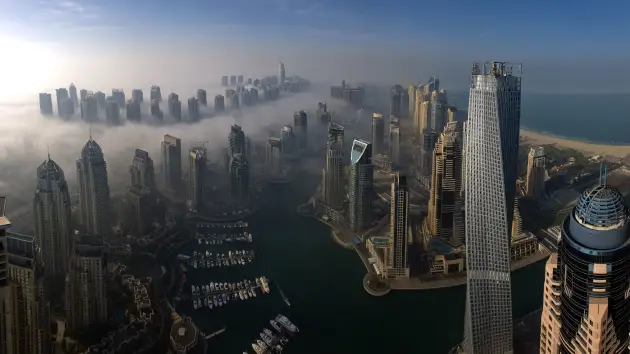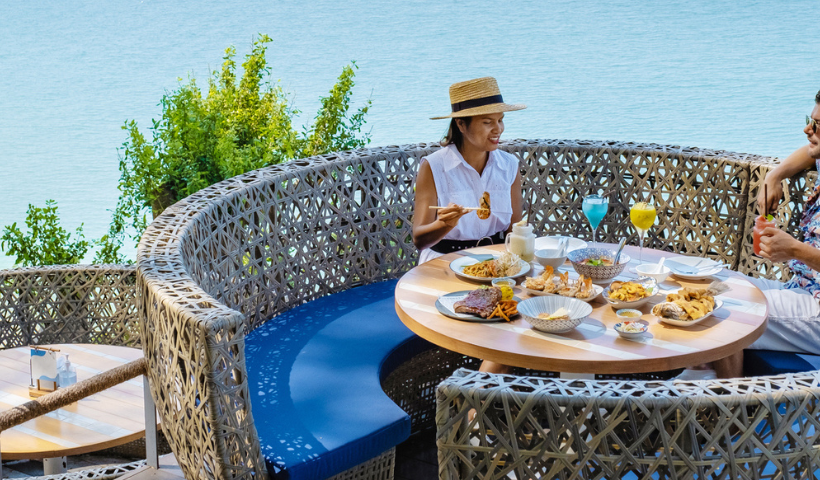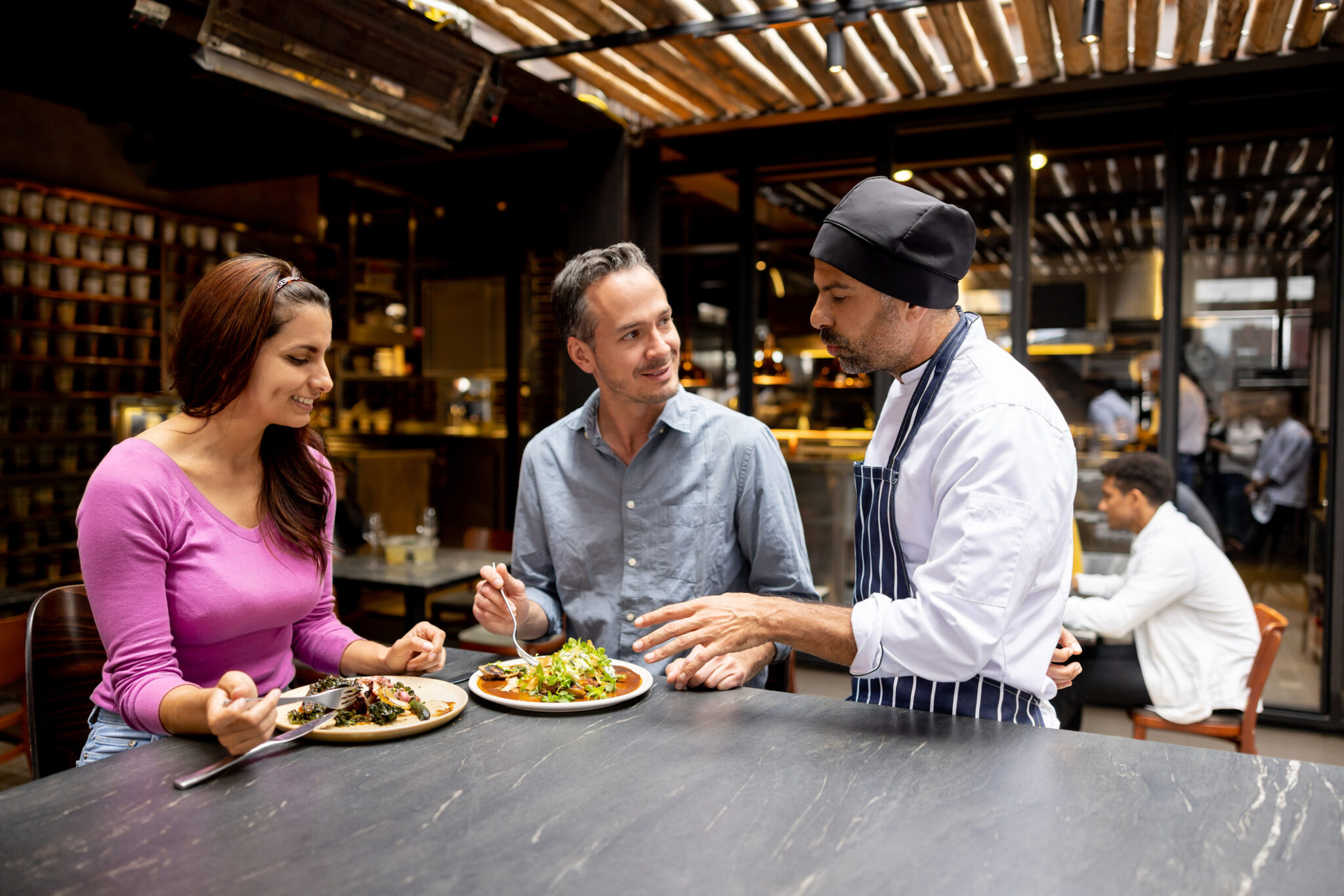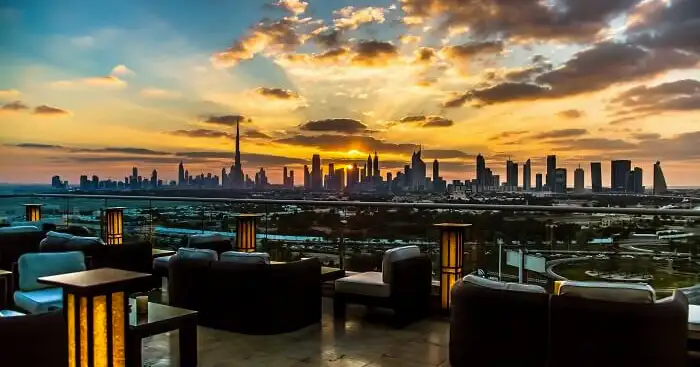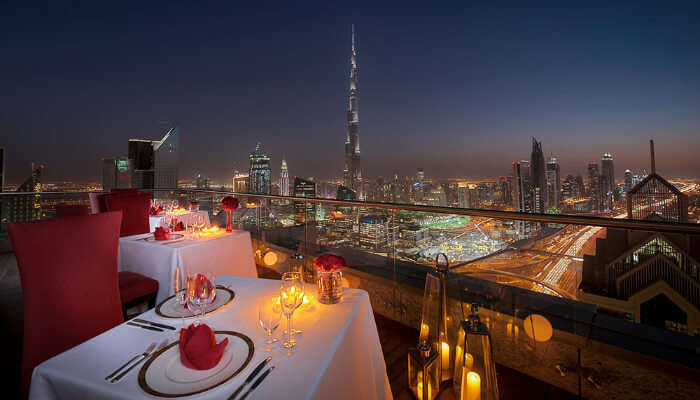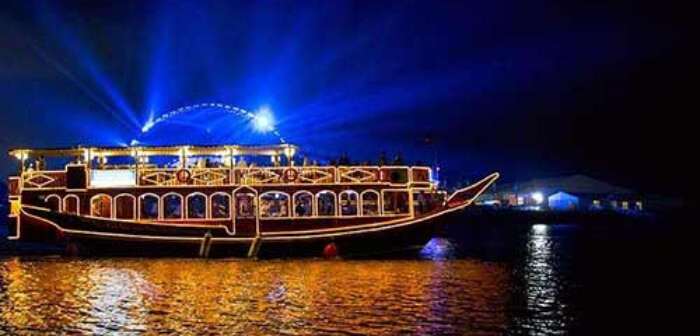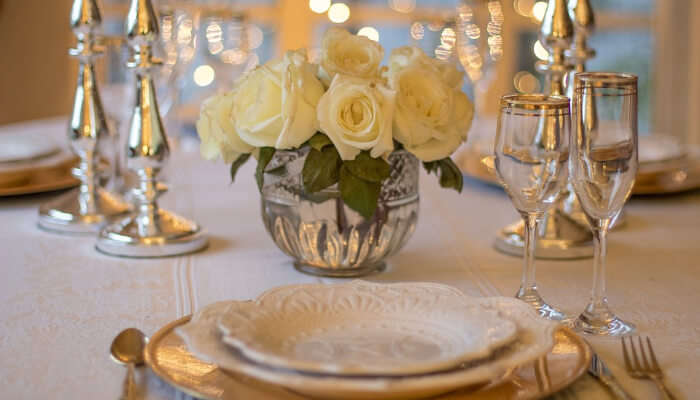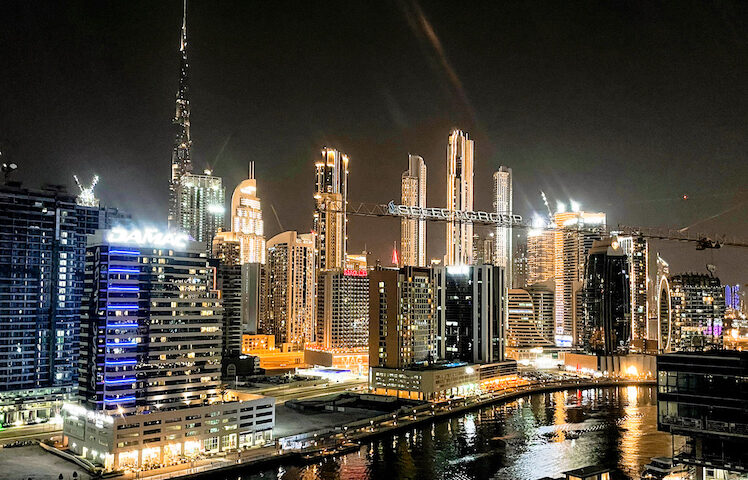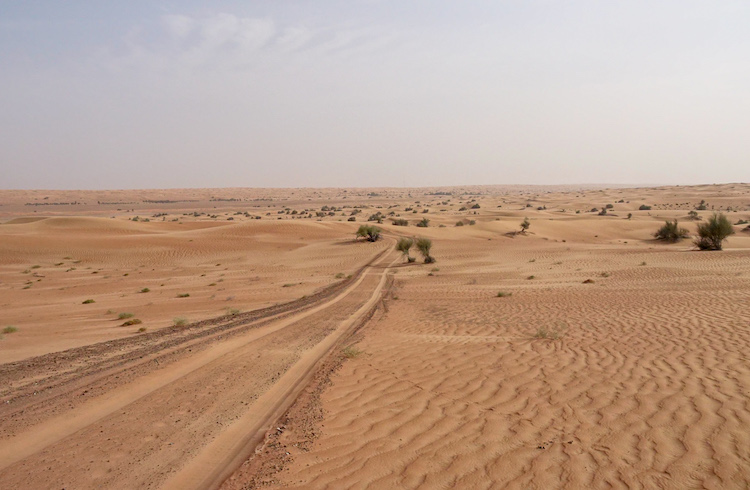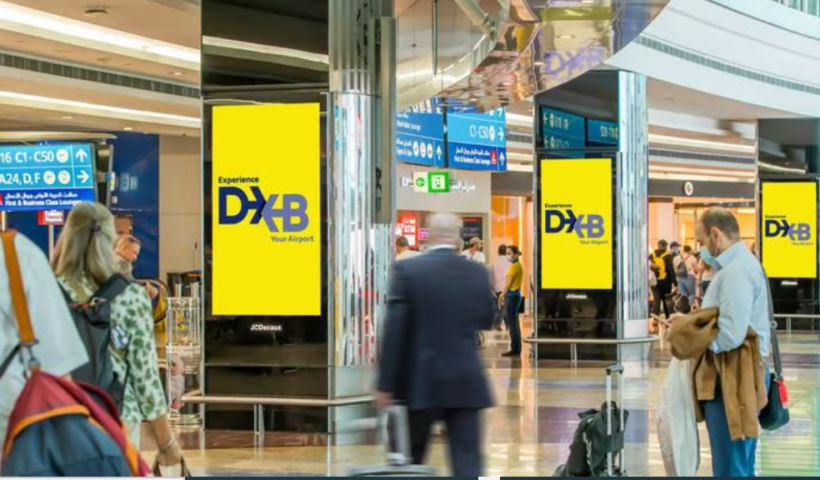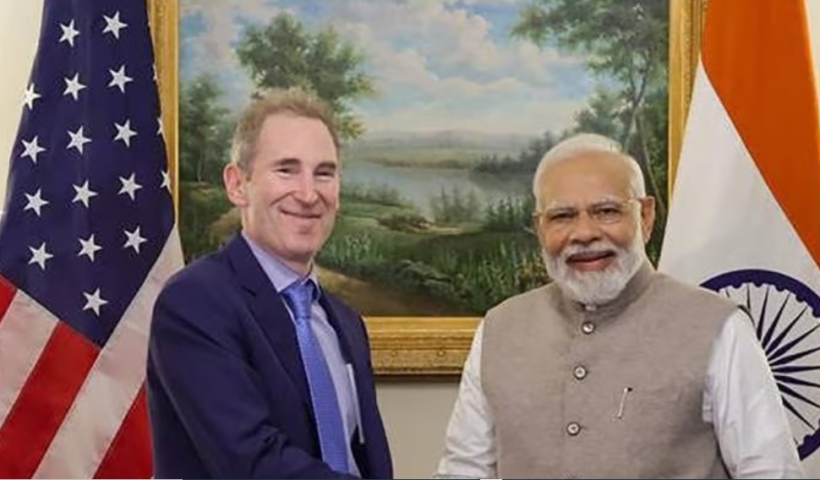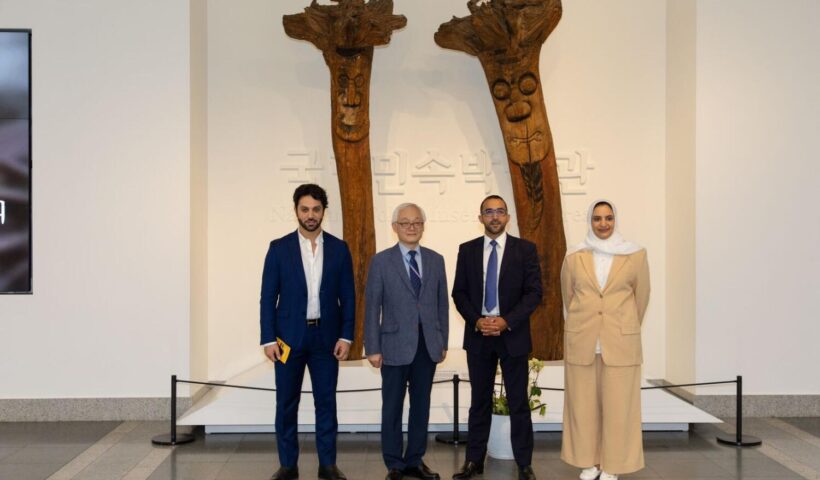Green buildings and sustainable cities will play a significant role in the solution if the world is to meet its ambitious climate change objectives and prevent catastrophic global warming. In the Gulf Cooperation Countries (GCC), the building industry is thought to be responsible for 17% of the region’s greenhouse gas emissions.
Adopting best-practice construction methods can significantly reduce global warming. The two areas where developers can enhance are upstream development and downstream operating. Lightweight facades can reduce the amount of energy used during construction, as well as the emissions produced during the manufacture and delivery of building components. Buildings’ negative effects on the environment and human health can be mitigated through sustainable design. For instance, in colder areas, properly insulated buildings can reduce heating expenses and reduce cooling cost in warmer countries.
The Sustainable City in Dubai was built by Diamond Developers, a private real estate firm that is leading the sustainable building movement, and was visited by the World Bank’s GCC management team to learn more.
A 500-unit neighborhood including a school, an autistic therapy facility, as well as recreational amenities like an equestrian center was built by the developers with a strong focus on sustainability and community.
Climate is a problem for a city where temperatures frequently exceed 40 oC for 4 to 5 months out of the year. Indoor rooms have to be able to be cooled by developers. However, Dubai’s environment also presents a chance because it has the ability to produce a great deal of solar energy, which could be used both for internal consumption and for export to be returned to the power system.
The majority of the buildings and parking spaces in the compound have solar panels on top, producing enough energy to satisfy the majority of the needs of the neighborhood. While well-insulated glass are installed on the northern frontages, south-facing facades are covered to keep the sun out. To reflect the sun’s rays and lower the demand for air conditioning, all surfaces are light in hue.
A “green spine” that runs through the center of the neighborhood offers space for many biodomes hosting locally consumed plants and vegetables from sustainable kitchen gardens. The management claims that a single vertical farming facility the size of a container may produce up to 4 tons of strawberries. Additionally, residents are urged to use organic methods in the allotments next to their homes to raise their own food.
Additionally, the neighborhood encourages soft modes of transportation like cycling and shady strolling (more than 80% of the development is car-free). The main form of motorized transportation in the neighborhood is shared electric buggies, while an increasing number of locals are opting to acquire electric cars in order to take advantage of the nearby charging stations.
To promote local goods and create jobs for locals, the developer purposefully chose to target local companies rather than international franchises to their core marketplace.
Due to the fact that Diamond Developers is a privately held business, it is fully dependent on an economically sound real estate strategy that benefits both the business and the end consumers. The neighborhood demonstrates that there is no inherent trade-off between environmentally friendly behavior and financial gains.
In order to support the UN Sustainable Development Goal 11, we at the World Bank advocate for urban development that creates livable, inclusive, low-carbon, productive, and sustainable cities and communities. Every year, the Bank spends an average of US$6 billion in initiatives for resilience and urban development.
In order to learn about best practices in the industry as well as within the private sector community that may be imitated not only throughout the Middle East and North Africa (MENA), but also throughout the rest of the world, we were interested in visiting this website.
The outcomes are astounding. This Dubai neighborhood eliminated more than 8,000 tons of CO2e in 2021, which is nearly the same as removing 853 automobiles from the road for a year. In comparison to Dubai’s average daily water use of 278 liters per person, the average in India is 162 liters. Additionally, recycling and sorting account for almost 80% of household waste.
This strongly supports the idea that governments can enact stronger, more environmentally friendly building rules to encourage the use of sustainable materials, improved insulation, and increased energy efficiency. The UAE has already taken action in this regard. In 2010, Abu Dhabi unveiled the Pearl Rating System, a framework for environmentally friendly planning, building, and maintenance of all new structures that is well suited to the region’s dry, hot climate. Dubai embraced the Al Sa’fat green rating system in 2016. Permits are not issued for structures that fall below the minimum bronze rating. Higher scores are optional in both systems, though, and there are regional differences in standards. Governments and regulators could offer incentives that will encourage developers and builders to reduce their emissions in order to achieve significant reductions in the building sector to adopt lowest carbon construction materials and methods.
Through institutions for connected stakeholder groups and organisations in the building sector, governments from all over the world can promote such practices. Our future is at stake.

